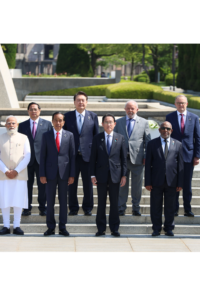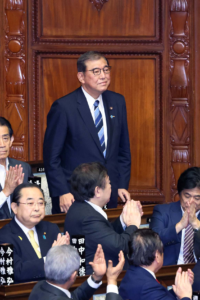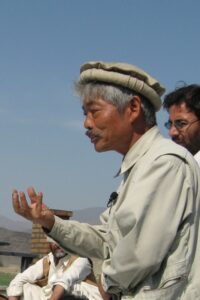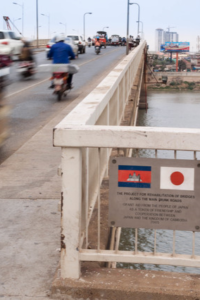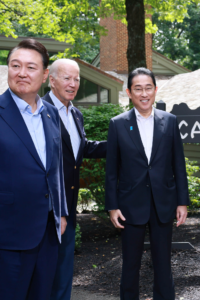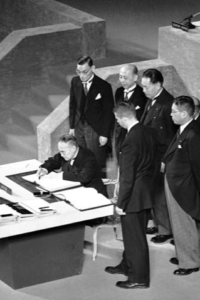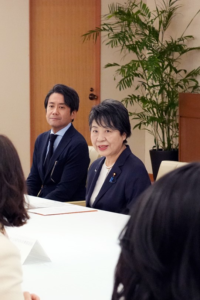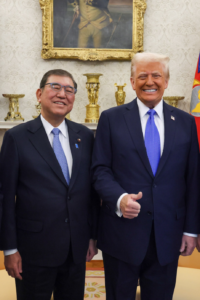
Mimaki Seiko, Associate Professor, Doshisha University On January 20, 2025, the inauguration ceremony of the 47th President, Donald Trump, kicked off the second term of the Trump administration. President Trump’s inaugural address was full of suggestions for what the future of the United States and the world will look like. At the beginning of his inaugural address, President Trump stated, “the golden age of America begins right now,” and emphasized, “we will not allow ourselves to be taken advantage of any longer.” The implication is this. Previous American presidents have been too good-natured, and have been led astray by other countries praising the United States with words such as “the leader of the international order.” These presidents have invested huge amounts of money and resources to protect the safety and prosperity of other countries, even at the expense of their own national interests. Such ... ... [Read more]
